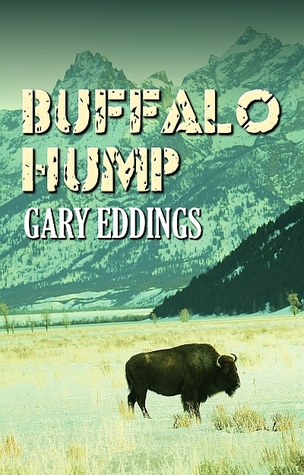There is no such thing as an ordinary traffic stop, something Tribal Officer Pat Colson is reminded of when pulling over a dusty old Buick. Before he knows it, shots are flying and he is huddled behind his police cruiser for cover.
In the ensuring investigation, a sizable amount of methamphetamine is discovered in the suspects’ vehicle. Uncut and very potent, the question is where does it come from— the Reservation or elsewhere?
With everyone on the Reservation becoming a suspect, and little information to go on, Colson must act fast to stop the dangerous drug from killing more innocent victims and stop a murderer in his tracks.
GUEST POST
The Thrill of the Mystery
In my case, I begin a story asking myself “what if.” It doesn’t matter if it isn’t plausible to begin with, but then I get the urge to find out what I can about my fledgling idea and get my money's worth from my computer. I see a good mystery’s start as if it was a block of granite waiting to be chiseled into something interesting and maybe a little unique in the shapes it takes and leaving a question about how the project inexplicably maintains its balance until the reader figures it out in an “aha” moment.
 I have found that many authors who write Suspense/Thrillers include Mystery as part of their formula to keep the story moving and perhaps leave questions that veil what otherwise might be too obvious to the reader early in the tale. Letting them ask, “Where the heck did that come from?” is okay as long as the author remembers to tie the loose ends at the appropriate time, unless he purposely wants to leave them hanging, especially if there is a planned sequel.
I have found that many authors who write Suspense/Thrillers include Mystery as part of their formula to keep the story moving and perhaps leave questions that veil what otherwise might be too obvious to the reader early in the tale. Letting them ask, “Where the heck did that come from?” is okay as long as the author remembers to tie the loose ends at the appropriate time, unless he purposely wants to leave them hanging, especially if there is a planned sequel.
In my book Hollow Point the mystery is who is supplying drugs and are they based on the Reservation. No one knows for sure. Just about every lead that is followed, some type of roadblock pops up and nobody is talking. Some of the unanswered occurrences that happen in the story are never answered in the book. They are addressed as unsolved issues and shows that the main character still has work to do on the Reservation in a new role.
To me, it is vital to keep the story moving. I hate being hung up on several pages of minutia before the point is reached. I don’t care how someone builds a bomb. Just keep it suspenseful, like what would happen if someone dropped a screwdriver into the bomb’s casing and it started ticking – that sort of thing.
 Don’t forget to include the sense of smell. When a gun is fired do you smell the gun smoke that lingers? A bloody trauma scene has a unique smell. So does a barnyard, a hospital, a restaurant, wet pavement, and so on. Give the reader a sense of being in the scene when possible.
Don’t forget to include the sense of smell. When a gun is fired do you smell the gun smoke that lingers? A bloody trauma scene has a unique smell. So does a barnyard, a hospital, a restaurant, wet pavement, and so on. Give the reader a sense of being in the scene when possible.
When you see someone kicked in the groin, do you “feel their pain?” How about when they slide across pavement when they dump their motorcycle? Can you feel the sting and react to the road rash? These are all small things, but important to keeping a reader’s attention.
I was given a good piece of advice by an agent at a writers conference I attended a few years ago. We were encouraged to bring the first page of our manuscripts and try to have a few of these folks take a look and provide a suggestion or two how to improve the hooks.
Sure enough, mine was weak. I had thrown in too much background information and nothing having to do with the story itself. He instructed me to place both of my hands around my neck, which I did. Then he said, “SQUEEZE,” and told me that is what I want to give to a reader to make them want to read my book. That is what a hook is all about. That was the best money I spent that summer, just because of that short lesson.
Thanks for the opportunity contribute!

Website ** GoodReads ** Amazon Author Page ** Facebook ** Twitter
Authors' Giveaway
a Rafflecopter giveaway


thanks for the giveaway! :D
ReplyDeleteThanks for the awesome chance!
ReplyDeleteAmazing giveaway :D ... thanks for the big chance :)
ReplyDeleteThe book looks amazing! Thanks for sharing.
ReplyDeletebook looks good look forward to reading it!! thank u
ReplyDelete